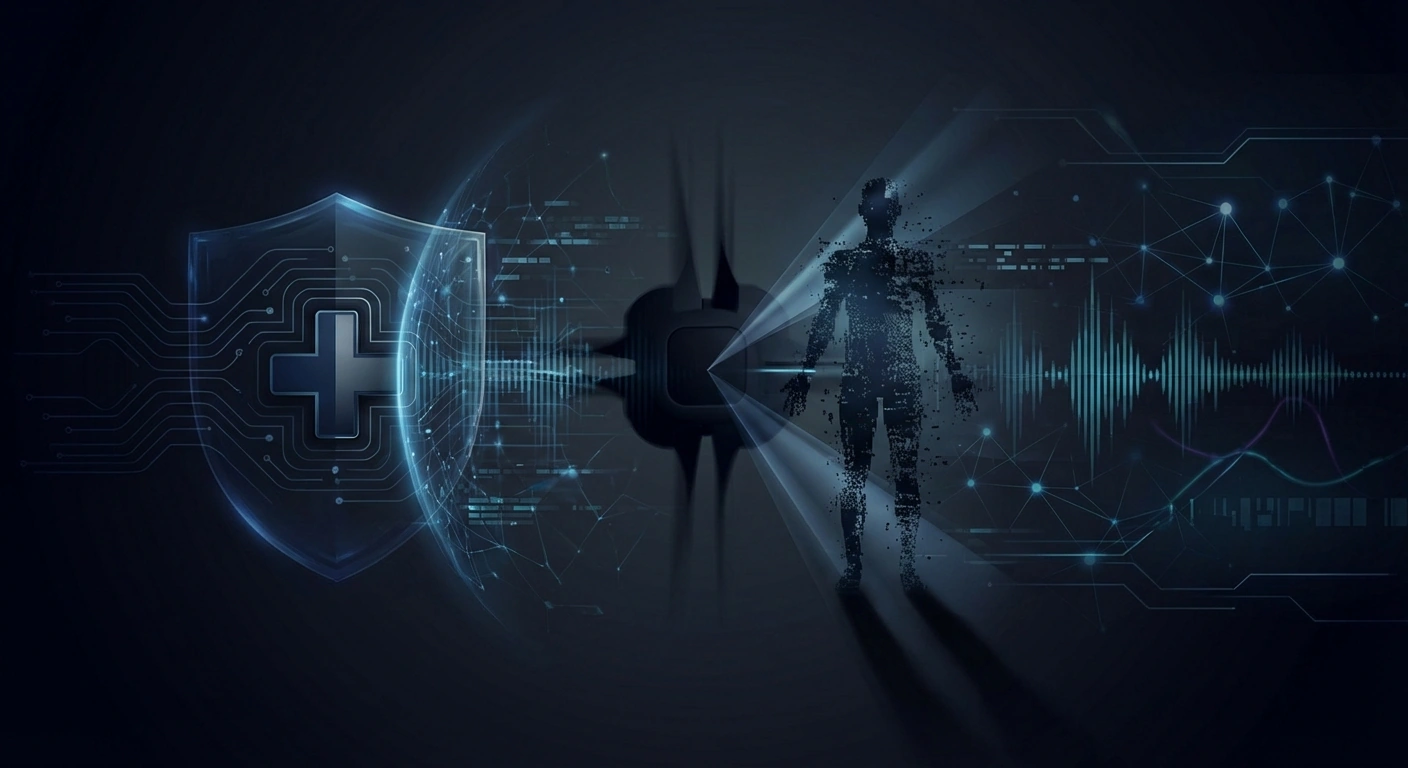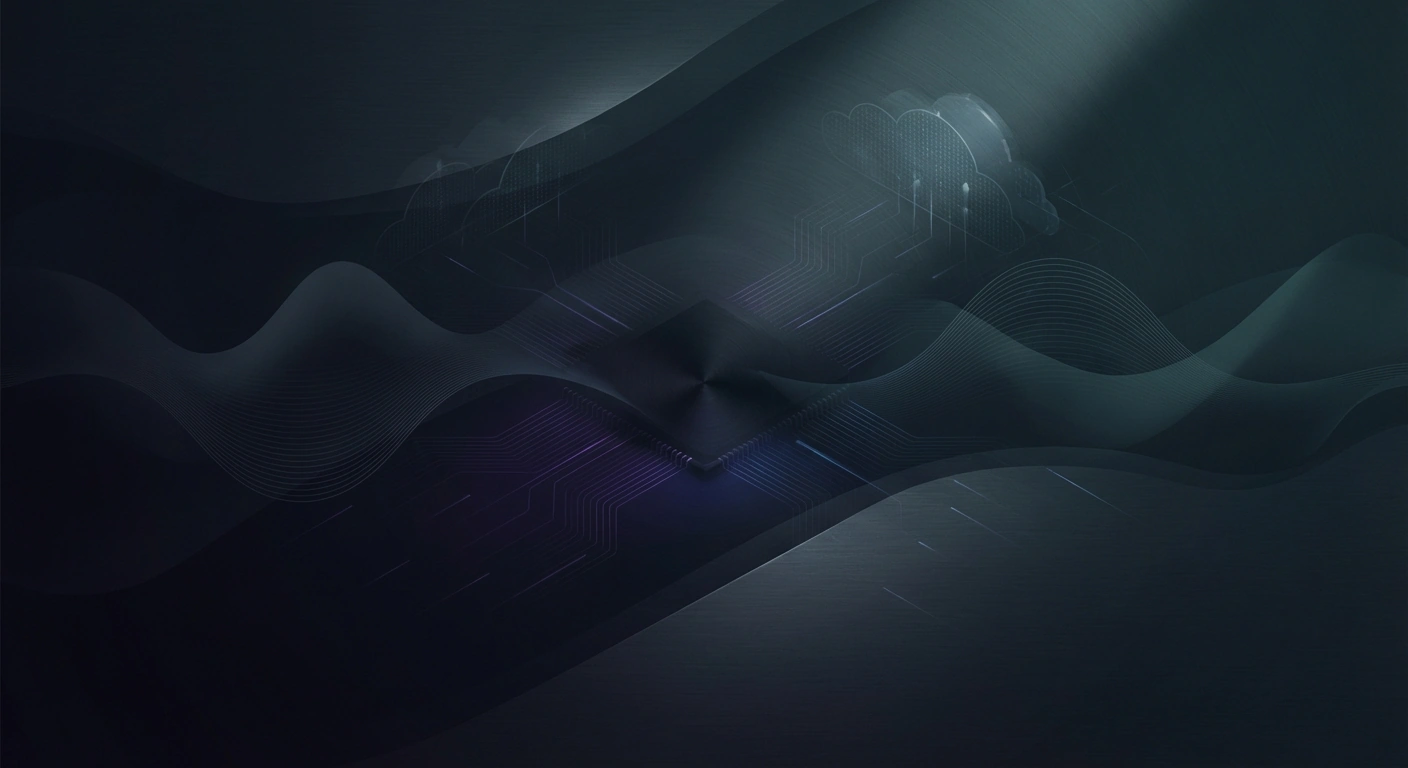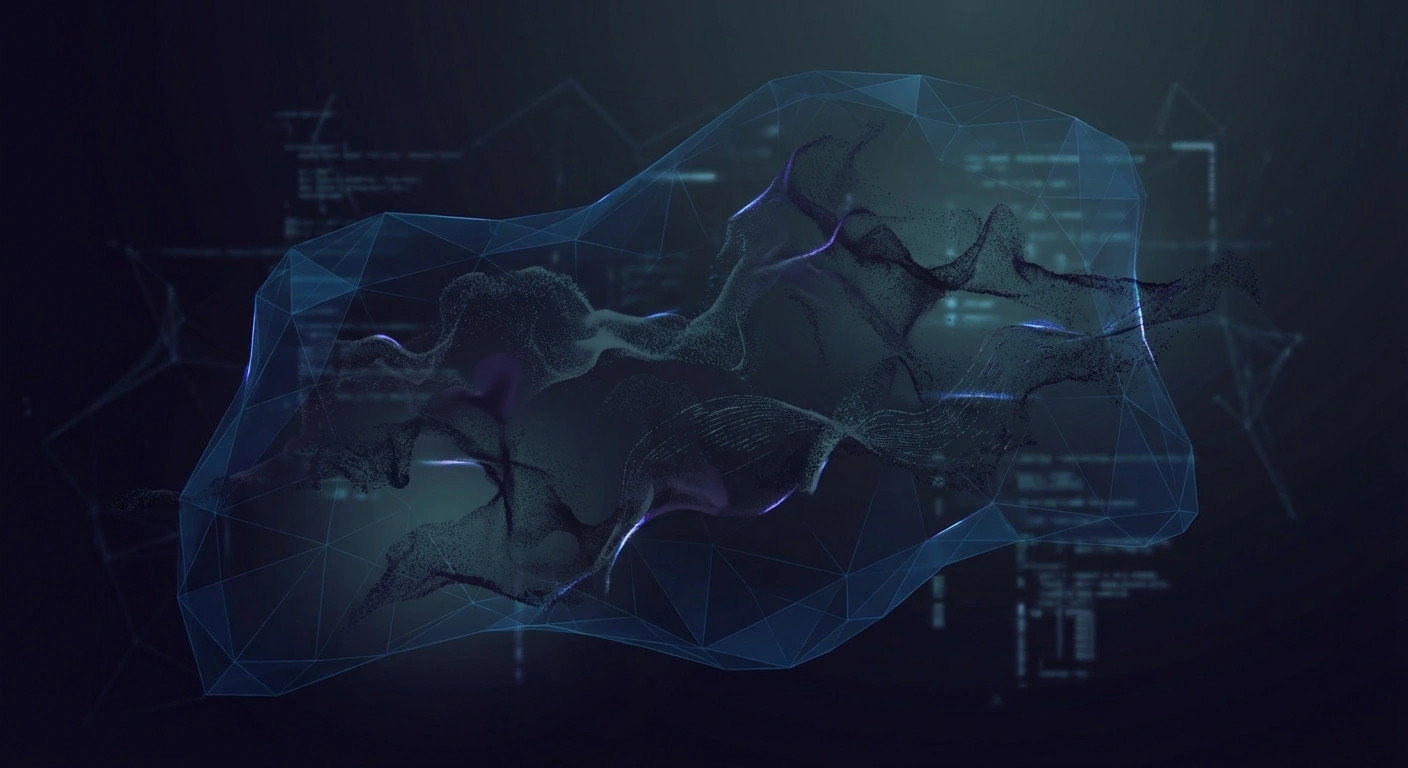Universal Music Partners with AI Startup Udio After Lawsuit
Universal Music Group settles copyright lawsuit with AI music generator Udio, forming partnership instead. The case centered on training data usage and represents a significant shift in music industry's approach to generative AI.

In a surprising turn of events, Universal Music Group has settled its high-profile copyright lawsuit against AI music generation startup Udio, transforming legal conflict into business partnership. The settlement represents a potential paradigm shift in how major entertainment companies approach generative AI technology.
From Lawsuit to Partnership
Universal Music Group, along with other major labels, filed suit against Udio in June 2024, alleging that the AI startup trained its music generation models on copyrighted material without permission. The lawsuit claimed that Udio's technology could reproduce recognizable elements of popular songs, raising fundamental questions about fair use and training data in AI systems.
Rather than pursuing protracted litigation, both parties have now reached a settlement that includes a partnership agreement. While specific financial terms remain undisclosed, the collaboration signals Universal's recognition that engagement with AI music technology may prove more productive than opposition.
Technical Implications for AI Training
The case highlights ongoing tensions around training data for generative AI models. Music generation systems like Udio use deep learning architectures—typically variations of transformer models or diffusion-based approaches—that require large datasets to learn musical patterns, structures, and styles.
The fundamental technical question is whether training on copyrighted material constitutes fair use. AI researchers argue that models learn abstract patterns rather than storing copies, similar to how human musicians learn from existing music. Rights holders counter that AI systems can reproduce distinctive elements that represent their commercial property.
This settlement may establish precedent for how AI companies negotiate training data access with content owners, potentially requiring licensing agreements rather than relying on fair use arguments.
Broader Impact on Synthetic Media
The Universal-Udio partnership reflects a broader evolution in entertainment industry attitudes toward generative AI. Rather than viewing AI as purely adversarial, major studios and labels are exploring controlled integration of these technologies.
Similar dynamics are playing out across synthetic media domains. AI video generation companies face questions about training on copyrighted films and television content. Voice cloning technologies must navigate personality rights and consent issues. Image generators have faced lawsuits from artists and stock photo agencies over training data.
The music industry's approach to AI may offer insights for other media sectors. Partnerships allow established companies to shape how AI technologies develop while potentially monetizing their content libraries through licensing arrangements.
Technical Safeguards and Attribution
Part of any such partnership likely involves implementing technical safeguards to prevent direct reproduction of copyrighted material. This could include content filtering systems that detect when generated output too closely resembles existing songs, or watermarking technologies that embed identifiable signals in AI-generated content.
Attribution mechanisms may also play a role, ensuring that when AI systems draw heavily from particular artists or styles, appropriate credit and compensation flow back to rights holders. These technical solutions represent compromise positions between unfettered AI generation and complete prohibition.
Industry Precedent
Universal's willingness to partner with Udio, despite initial legal opposition, may encourage other AI music startups to proactively seek licensing agreements rather than operating in legal gray areas. It could also embolden other major labels and publishers to pursue similar partnerships.
The settlement arrives as generative AI capabilities continue advancing rapidly. Modern AI music systems can generate increasingly sophisticated compositions across diverse genres, complete with realistic instrumental performances and even synthetic vocals. As these technologies improve, the economic stakes for both AI companies and rights holders escalate.
Looking Forward
While this settlement resolves one high-profile dispute, fundamental questions about AI training data and copyright remain unresolved in courts and legislatures worldwide. The music industry's evolving response—from lawsuits to partnerships—demonstrates the complex balance between protecting existing rights and enabling technological innovation.
For the broader synthetic media ecosystem, the Universal-Udio case illustrates that legal frameworks around AI-generated content are still taking shape. Companies developing generative AI technologies must navigate uncertain terrain, balancing technical capabilities against intellectual property concerns while business models and regulations continue evolving.
Stay informed on AI video and digital authenticity. Follow Skrew AI News.



